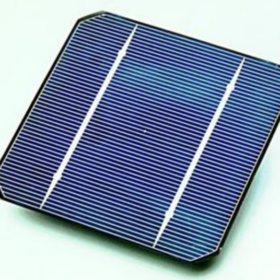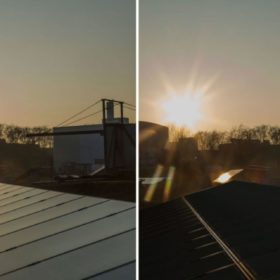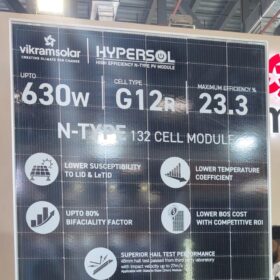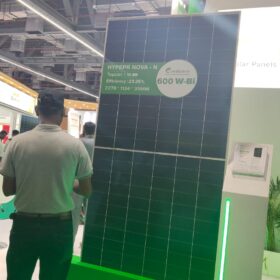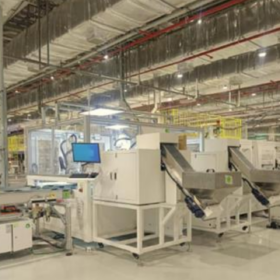New anti-reflective coating for silicon solar cells
Developed by an international research group, the novel anti-reflective coating is based on silicon dioxide and zirconium dioxide. It reportedly minimizes a solar cell’s reflection loss, while enhancing its light absorption properties.
Nano-micro-scale cooler for solar modules
The proposed technique is based on radiative cooling and consists of a glass coating made with a two-dimensional subwavelength nanostructured grating, which is imprinted in soda-lime glass and has enhanced mid-infrared emissivity, and a micro-structured grating. The temperature decrease provided by the nano-micro-grating coating was found to be approximately up to 5.8 degrees Celsius.
German start-up develops anti-reflective film claimed to improve PV module performance by 10%
German start-up Phytonics has developed the film by taking inspiration from nanostructures in plants. In solar cells, the film enables a broader absorption spectrum and a higher angle of light-incidence tolerance.
Bharat Heavy Electricals opens tender to procure 12m polycrystalline solar cells
The state-owned engineer has specified the dimensions of the devices required and the bid window will close on Friday.
